The U.S. National Defense Authorization Act (NDAA) played up the alleged "China military threat" as an excuse to increase U.S. military spending and maintain its hegemony. This grossly interferes with China's internal affairs and undermines world peace and stability. We are strongly dissatisfied with it and firmly oppose it, Zhang Xiaogang, a spokesperson for China's Ministry of National Defense, said on Thursday.
Zhang made the remarks in response to questions on U.S. National Defense Authorization Act (NDAA) for fiscal year 2025, which announced a defense budget of up to $895 billion for the next fiscal year and identified China as one of the major challenges to the U.S. national security. Some analysts suggest that the introduction of this Act reflects the deep anxiety of the U.S. about its own strengths.
Zhang said that China has no intention to challenge any country. In fact, the worst enemy of the U.S. is the U.S. itself. U.S. military expenditure has already topped the world for long, which is still increasing rapidly year by year. This fully exposes the belligerent nature of the U.S. and its obsession with hegemony and expansion.
It's clear to all that many current wars and conflicts are a result of U.S. policy failures. The wars and military operations launched by the U.S. since 2001 have caused more than hundreds of thousands of deaths and millions of injuries, and displaced tens of millions of people. The U.S.'s abuse of force not only brings harm to the world, but also accelerates its own decline, said Zhang.
Our planet is big enough for both China and the U.S. to develop individually and collectively. China remains committed to the path of peaceful development and a defense policy that is defensive in nature, Zhang said.
We do not engage in any arms race with any other country, and always serve as a defender for world peace. We urge the U.S. side to abandon Cold-war mentality and zero-sum mindset, and get rid of its obsessive delusion of containing and outcompeting China, so as not to undermine the bilateral and mil-to-mil relations between China and the U.S., said Zhang.
With stronger capacities and more reliable methods, the Chinese military will take resolute countermeasures against any infringements and provocations to safeguard national sovereignty, security and development interests, Zhang said.
At the press conference, Zhang also commented on reports that the U.S. Space Force (USSF) has activated a unit in Japan and in the inaugural ceremony, the first commander stated that the unit in Japan aims to strengthen space surveillance and response capabilities in the region, in response to the growing military use of space by China and Russia, as well as North Korea's advancements in nuclear and missile development.
Zhang said that the U.S. continues to expand its space military power, strengthen space military alliances, and provoke a space arms race, endangering global strategic stability.
China consistently advocates for the peaceful use of space and opposes the weaponization and militarization of space. We urge the U.S. to seriously reconsider its dangerous actions in space, stop provocations that lead to space confrontation, and stop spreading false narratives, so that it can contribute to maintaining lasting peace and security in space, said Zhang.











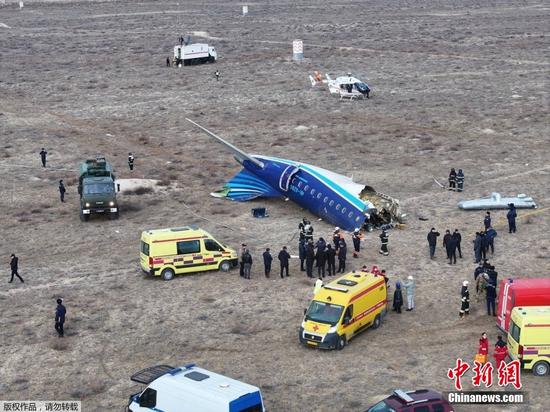


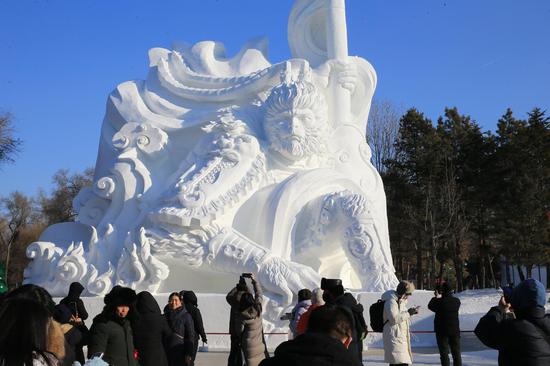










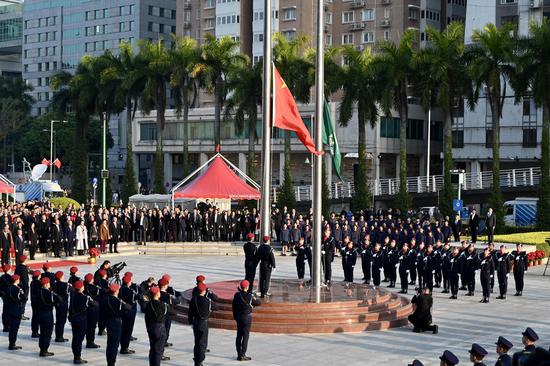
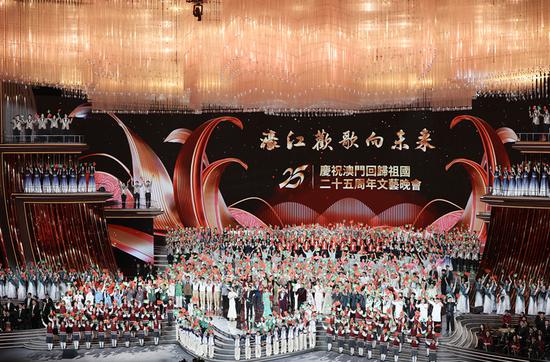
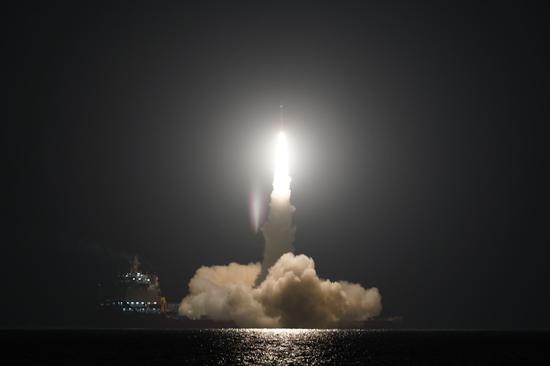


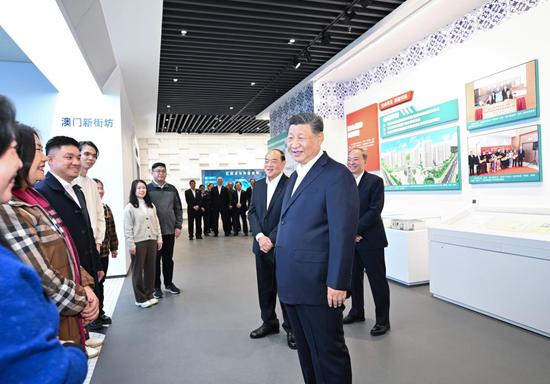




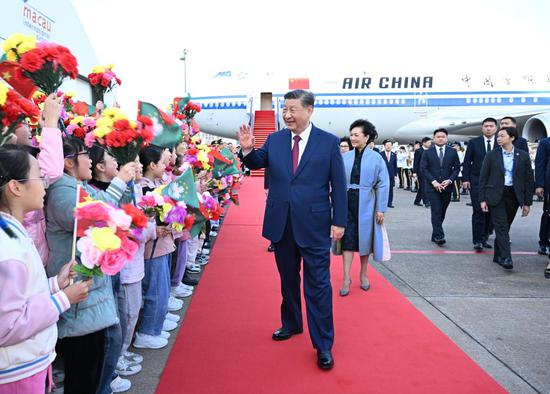

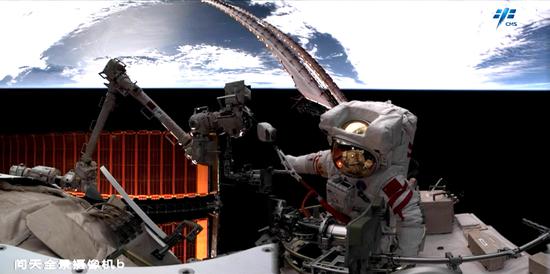
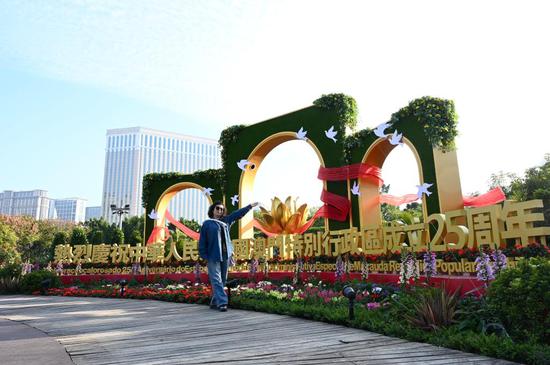
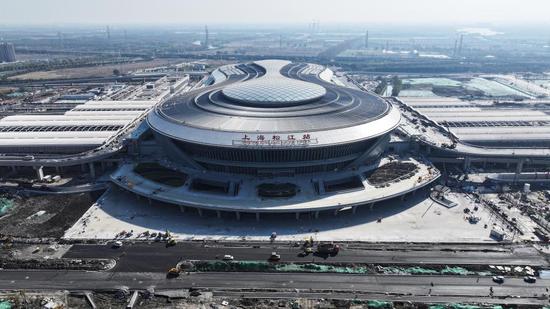


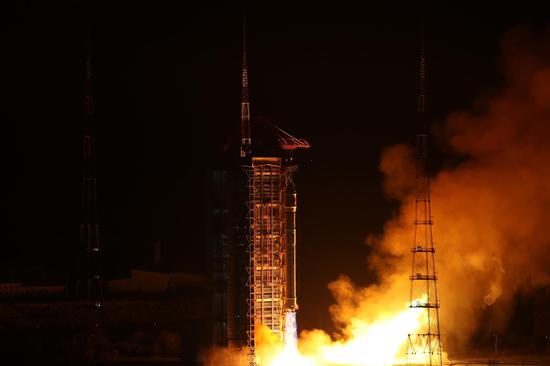







 京公网安备 11010202009201号
京公网安备 11010202009201号